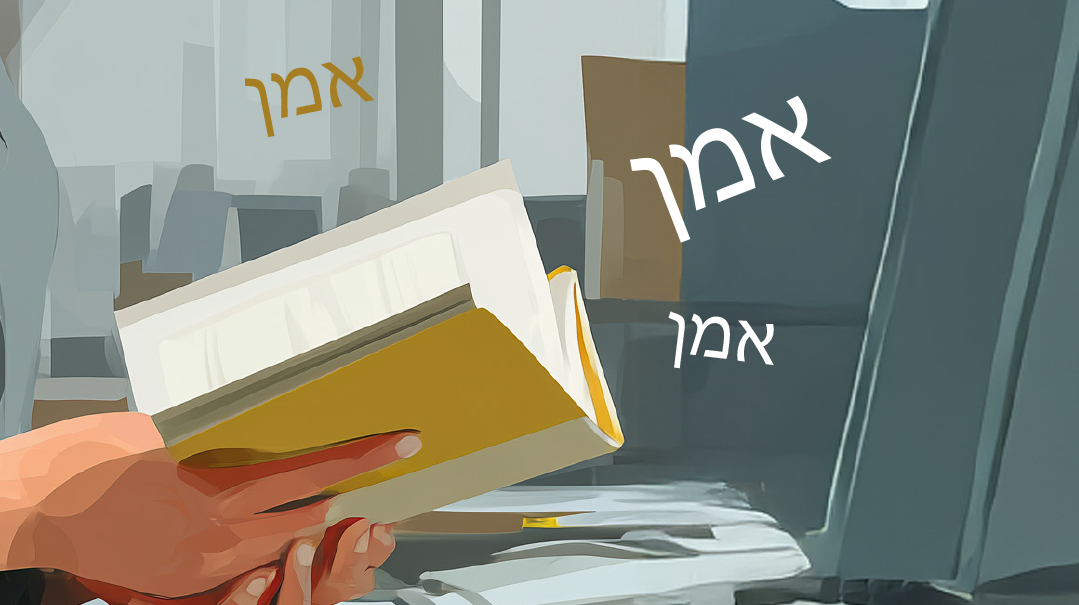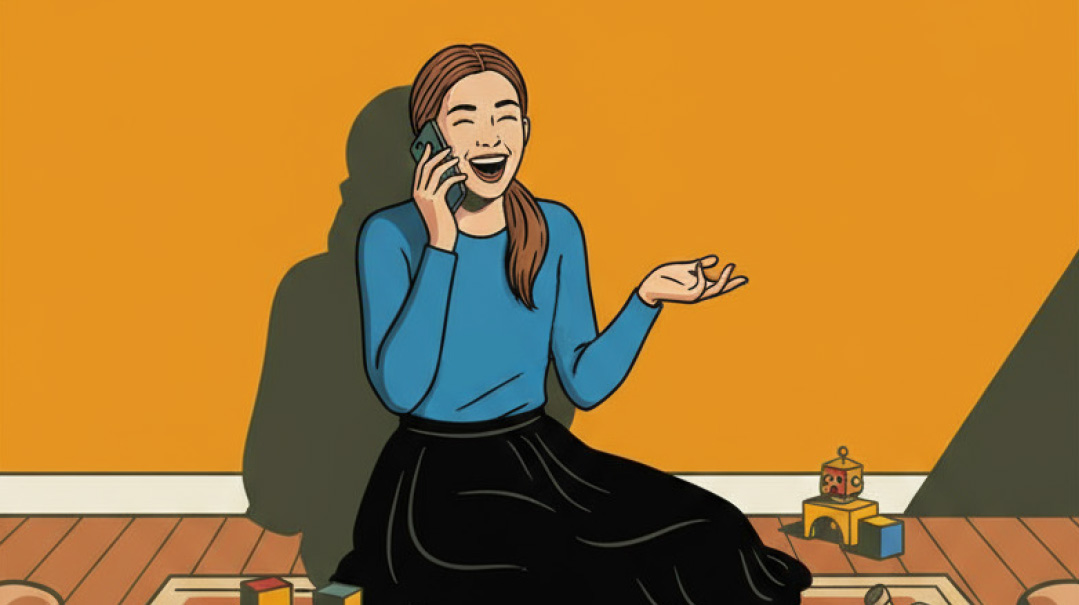Light House

Halachos of Chanukah lighting

Prepared for print by Faigy Peritzman
I’m in seminary and plan on going to my sister’s house every night for Chanukah lighting. But the eim bayit said I must be in seminary for the actual lighting. Is this true halachically?
It is halachically true that you cannot fulfill your Chanukah lighting obligation at your sister’s home, even if you eat dinner at her home that night. This is because one can only light Chanukah candles in one’s own home, and since you live in the dormitory, that is your home. L’chatchilah, therefore, you should be present in the seminary for the actual Chanukah lighting. But if for some reason you were unable to attend the actual lighting at the seminary, you still have fulfilled your basic obligation, since it is not an absolute requirement for you to be present at the lighting, as long as the hadlakah took place in your home.
My husband works long hours, and even on Chanukah he gets home several hours after shkiah. Ideally, should I light the menorah myself with the children at the right time or wait for him?
If your husband is perfectly fine with such an arrangement, then this would be the ideal way to go. But your husband has the right to object, and if so, you should wait for his arrival and light together as a family, even if the lighting will take place well after the preferable zeman.
We live in a small basement apartment with no windows facing the street. Where should we light Chanukah candles?
Place the menorah on the right side (across from the mezuzah) of any of the doors of your apartment and light it there.
My son’s bar mitzvah is the second night of Chanukah, and we will be leaving to the hall very early. When and where should we light Chanukah candles?
This is a halachic quandary without a simple solution. Ideally, ask another person to be your shaliach and light the candles in your home on your behalf. If that is impractical (and the hall is too far for you to come back home and then return to the hall), then light when you return home after the bar mitzvah is over. Since there are other opinions, consult with your rav.
Last Shabbos Chanukah we had a small fire from all the menorahs. I didn’t know when it’s permitted to put out fires on Shabbos and I was petrified.
Any fire that has the potential of not being able to be contained and could potentially spiral out of control, which is true of most fires, may be extinguished on Shabbos in the fastest, most direct way possible. If, however, the fire is so small that it can easily be contained, then allow it to extinguish on its own, or if necessary, surround the fire with disposable cups filled with water, allowing the water to extinguish the fire when the fire reaches the cups.
We will be attending Shabbos sheva brachos, sleeping in a nearby basement, and eating at the simchah hall. Where is the best place to light Shabbos candles?
Before leaving the basement on Erev Shabbos, turn off and then turn on any electric light that you will use on Friday night (bathroom or hall light, Shabbos lamp, etc., whether incandescent, fluorescent, or LED) l’sheim Shabbos, and then immediately walk or drive to the simchah hall and light your candles with the brachah.
My mother always lit Shabbos candles with oil, but I find that so messy. May I switch to wax Shabbos candles if that’s my personal preference, or is this downgrading a minhag?
As in all halachic and custom matters, once you get married you follow your husband’s minhagim and not your mother’s. Although you are the one who is entrusted with this mitzvah, in reality you are doing so on behalf of your husband and family, so whatever his minhag is, that is what you follow. If your husband has no specific minhag, or even if he does but he doesn’t mind if you follow your mother’s, then you may do as you please, since you do not have a binding minhag that you must follow.
My father was admitted to the hospital, and I will be spending Shabbos with him. The hospital does not allow any fire; what should I do about lighting Shabbos candles?
Your husband (or, if unavailable, a daughter over bas mitzvah) should light candles at home with a brachah, and you should turn on some electric lights (incandescent, fluorescent, or LED) in your father’s room, without reciting a brachah.
We are eating Friday night at a family that lives quite a distance from us. It would be much easier if I could light Shabbos candles and then drive to our host. Is there any way of doing that?
It is permitted, when necessary, to stipulate at the time you are lighting candles that you are not accepting Shabbos at that time. If walking to your host will present a difficulty, you may rely on this method and not accept Shabbos until your drive is over.
I recently moved into my own apartment with three other single women. Must I start lighting my own Shabbos candles now, or can I still rely on my mother’s Shabbos candles? May I be yotzei if one of the other women lights?
The four women who are living together in this apartment are all obligated in the mitzvah of candlelighting and cannot rely on their families’ hadlakas neiros, as they no longer live at home. One of the women can light on behalf of the others, as long as they all share in the expenses of the candlelighting.
I recently got married and I’d love to know the source for the minhag of waving my hands three times over the Shabbos candles. Why can’t I just cover my eyes and make the brachah?
Although widespread, there is no source for hand waving over the candles, one time or three times, in any halachic, midrashic, or kabbalistic material. Presumably, this practice developed from an older, legitimate minhag in which women make an effort to block the view of the candles with their hands, until after they recite the brachah. When a woman lights the halachic minimum of just two candles, it is simple to block the view of the candles by merely placing a hand between them and her face. But a woman who lit many candles would wave her hands, attempting to block the view of as many candles as possible.
(Originally featured in Family First, Issue 870)
Oops! We could not locate your form.







